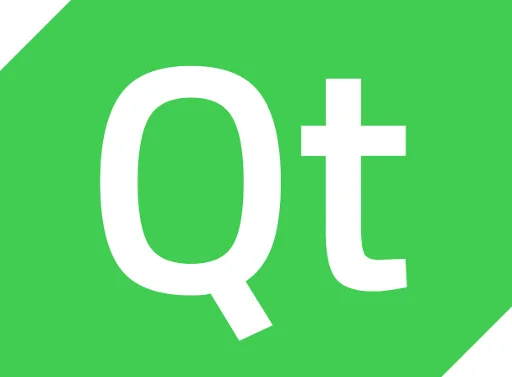Qt Turns 20 Years Old, KDE Celebrates

Over on dot.kde.org is a lengthy post by Sandro Santos Andrade that commemorates the twenty years of Qt and its impact on the KDE desktop for which it's always been designed around this toolkit.
Here's some takeaways from the original release announcement:
Troll Tech is proud to relase a free beta-version of Qt (pronounced: "cute") for X-Windows/Linux.
Qt is an object-oriented framework for developing graphical user interface applications.
...
Qt consists of a rich C++ library (around 100 classes) and a meta-object system that extends C++ with new concepts called signals and slots. Signals and slots define clean and natural object interfaces for creating independent objects. This makes Qt very suitable for true component programming.
A "hello world" application under Qt is only 8 lines of C++ code:
#include <qmsgbox.h>
#include <qapp.h>
int main( int argc, char **argv )
{
QApplication a( argc, argv );
return QMessageBox::message( "Attention", "Hello, world!" );
}
Qt dramatically cuts down on development time and complexity in writing user interface software for X-Windows/Linux. It allows the programmer to focus directly on the programming task, and not mess around with low-level X11 code.
Qt is very fast and compact because it is based direcly on Xlib and not Motif or X Intrinsics. Qt's widgets (user interface objects) emulate Motif look and feel.
Qt supports advanced features such as drawing transformed graphics, including drawing rotated text and pixmaps. Pixmaps can be loaded and saved using several image formats. An image class makes it easy to implement image processing algorithm.
Qt is definitely not a toy. It is a professional product that compares well to any commercial GUI class library.
Here's to another twenty years and more for Qt!
5 Comments

